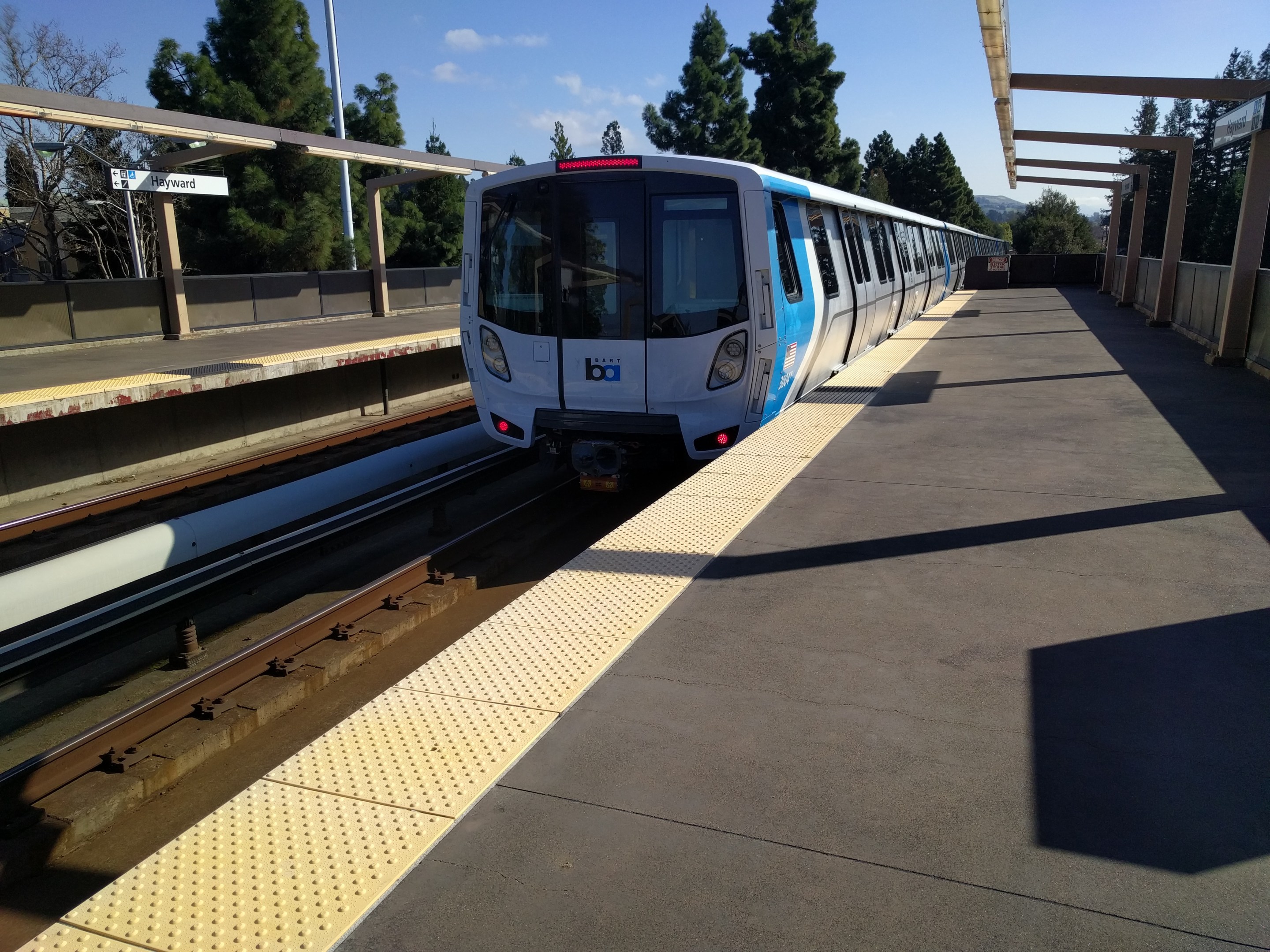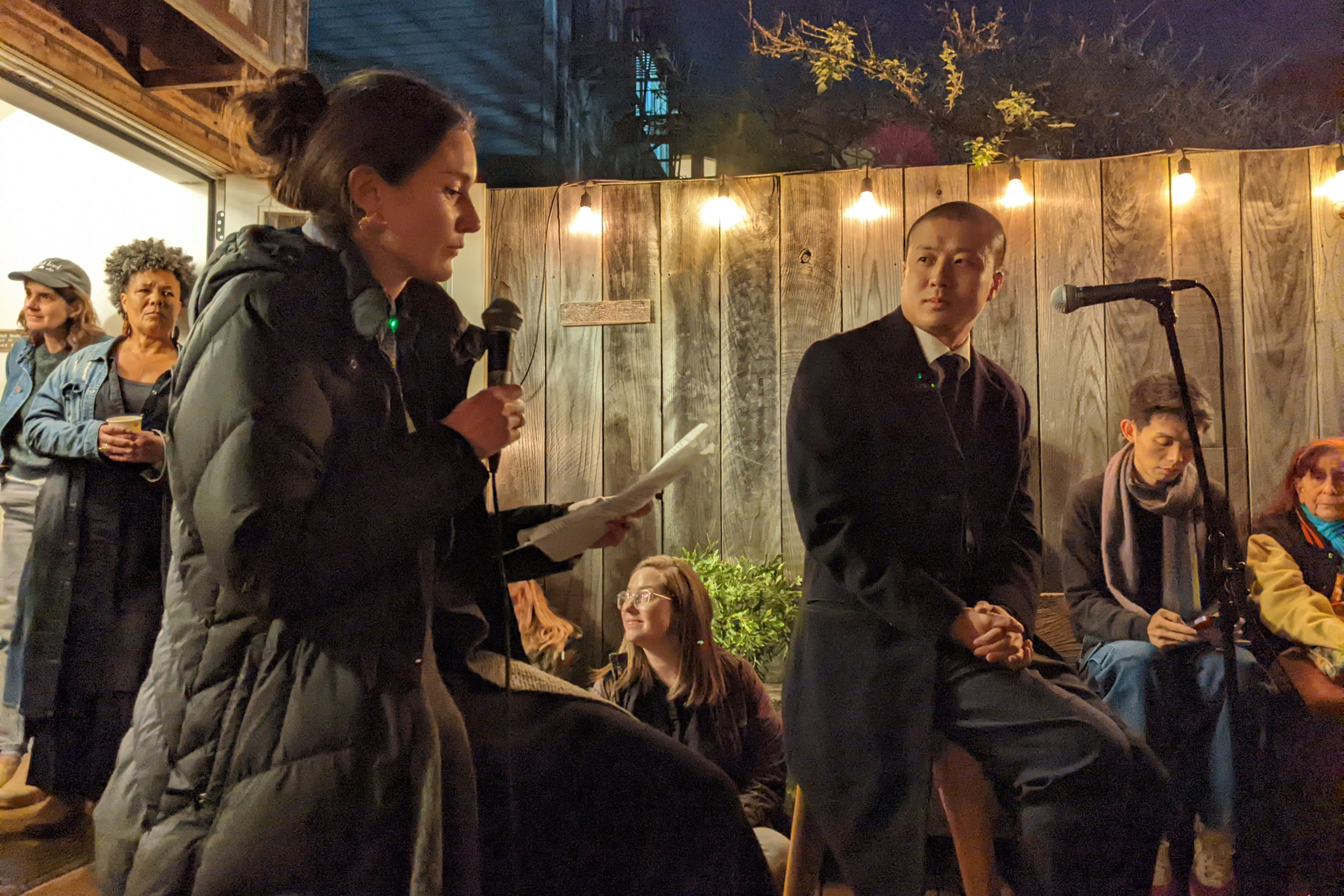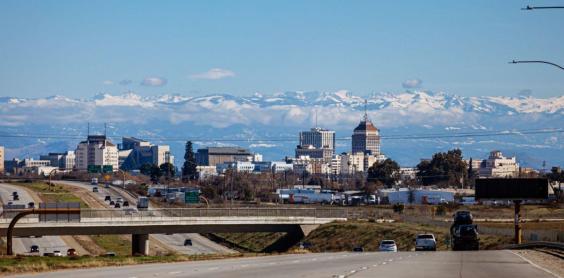Today the California State Transportation Agency (CalSTA) announced the latest round of Transit and Intercity Rail Capital Program (TIRCP) grants. TIRCP receives money from both the Greenhouse Gas Reduction Fund and and car registration fees in S.B. 1.
CalSTA awarded $500 million to seventeen recipients. The state funding is complemented by matching funds from other federal, state, and local monies, with local and other state funds, so these grants leverage more than $4.9 billion in additional investment, according to CalSTA.
In a press statement, CalSTA Secretary David S. Kim noted, “The $500 million in grant awards made today will increase transit service on new and existing routes, provide for a more integrated transit system, reduce greenhouse gas emissions, and support jobs. Although the current COVID-19 pandemic is putting tremendous stress on transit agencies, these funds support long-term capital projects to be completed in the years to come, and will help support the economic recovery in the years ahead.”
The biggest awards in this round go to BART, L.A. Metro/Metrolink, and the city of Inglewood. The full TIRCP grant list is below:
- Antelope Valley Transit Authority (AVTA) – $6.5 million for eleven zero emission battery electric buses and supportive charging infrastructure
- Bay Area Rapid Transit (BART) – $107.1 million for 34 new rail cars
- Capitol Corridor Joint Powers Authority (CCJPA), with City of Sacramento, SacRT, and Downtown Railyards Venture, LLC – $3.9 million for a new northside station access route to connect the Sacramento Valley Station to the future Railyards Plaza, where 10,000 housing units are planned
- City of Inglewood, Inglewood Transit – $95.2 million for a 1.6-mile electric automated people mover (APM) system connecting the Metro Crenshaw/LAX Line to SoFi Stadium, with three stations in the City of Inglewood.
- Lake Transit Authority North State Intercity Bus System – $13 million for a new transit center in Clearlake and four hydrogen fuel-cell buses with associated infrastructure.
- Long Beach Transit LBT/UCLA Electric Commuter Express – $6.45 million for five zero-emission battery-electric buses and charging infrastructure for a commuter bus between Long Beach and UCLA
- Los Angeles County Metropolitan Transportation Authority (L.A. Metro), with Southern California Regional Rail Authority (Metrolink) – $107 million for capacity-increasing infrastructure to increase serviced allowing for regular 60-minute bi-directional service on the entire Metrolink Antelope Valley line, and 30-minute bi-directional service between Union Station and SantaClarita – as well as a pilot to assess the feasibility of rail multiple unit (RMU) and zero-emission propulsion service on that line.
- Los Angeles-San Diego-San Luis Obispo Rail Corridor Agency (LOSSAN) – $38.7 million to restructure service for increased frequencies and longer trains – made possible by relocation and construction of a new Central Coast Layover Facility and a San Diego County Layover and Maintenance Facility – as well as to overhaul and modernize the Pacific Surfliner railcars
- Sacramento Regional Transit District – $23.6 million for eight new low-floor light rail vehicles for the Gold Line
- San Bernardino County Transportation Authority (SBCTA) & Omnitrans – $15 million for state-of-the-art BRT system connecting the cities of Pomona, Montclair, Ontario, and Rancho Cucamonga – providing connections to Ontario International Airport and Metrolink stations: San Bernardino Line at Rancho Cucamonga and Riverside Line at Downtown Pomona.
- San Diego Association of Governments (SANDAG), with San Diego MTS and North County Transit District – $12.1 million for an additional track and platform along a one-mile stretch in El Cajon to allow for the Green Line and Orange Line to terminate at the El Cajon Transit Center, with a trolley shuttle continuing to provide service between El Cajon Transit Center and Santee Trolley Station.
- San Francisco Municipal Transportation Agency (SFMTA) – $41.7 million for a combination of transit signal priority, transit-only lanes, stop consolidation, and complementary facility and pedestrian improvements on the J and M lines. Also funds project development for Train Control Upgrade Program and a third Muni Forward corridor.
- Santa Monica Big Blue Bus – $1.1 million for seven zero emission buses to enhance and extend Route 14 from Playa Vista to Inglewood
- Solano Transportation Authority (STA) – $10.4 million for electric bus charging infrastructure at Vacaville Transit Center, Fairfield-Vacaville Hannigan Rail Station, Fairfield Transit Center, Vallejo Transit Center, Suisun City Amtrak Station, Sacramento Valley Station, and the Walnut Creek BART Station
- Torrance Transit – $6 million for seven electric buses to expand services on Line 4X (between Torrance and Downton LA), on an extended line 10 (serving the Metro Green Line Crenshaw station and the Inglewood Stadium and Entertainment District, an extended line 9 (newly serving the Kaiser Permanente South Bay Medical Center), and the acquisition of the western portion of L.A. Metro’s Route 130 between the Blue Line Artesia Station and the South Bay Galleria Mall.
- Transit Join Powers Authority of Merced County (TJPAMC) – $3.1 million for three zero-emission electric buses for an expansion of service frequency on one existing regional route connecting rural communities to the city of Merced.
- San Francisco Bay Area Water Emergency Transportation Authority (WETA) – $9.1 million for a new all-electric vessel and related shoreside charging infrastructure to serve 2.6-mile link between the Mission Bay and the Downtown San Francisco Ferry Terminals.
For additional details, see CalSTA 2020 TIRCP Award List and 2020 TIRCP Detailed Project Award Summary.






